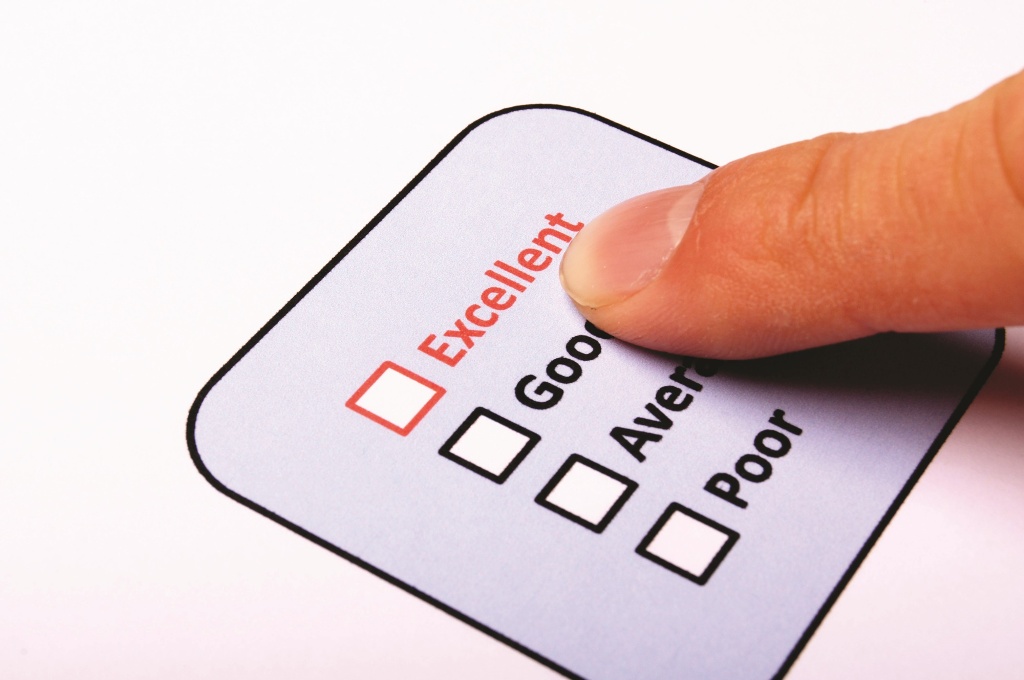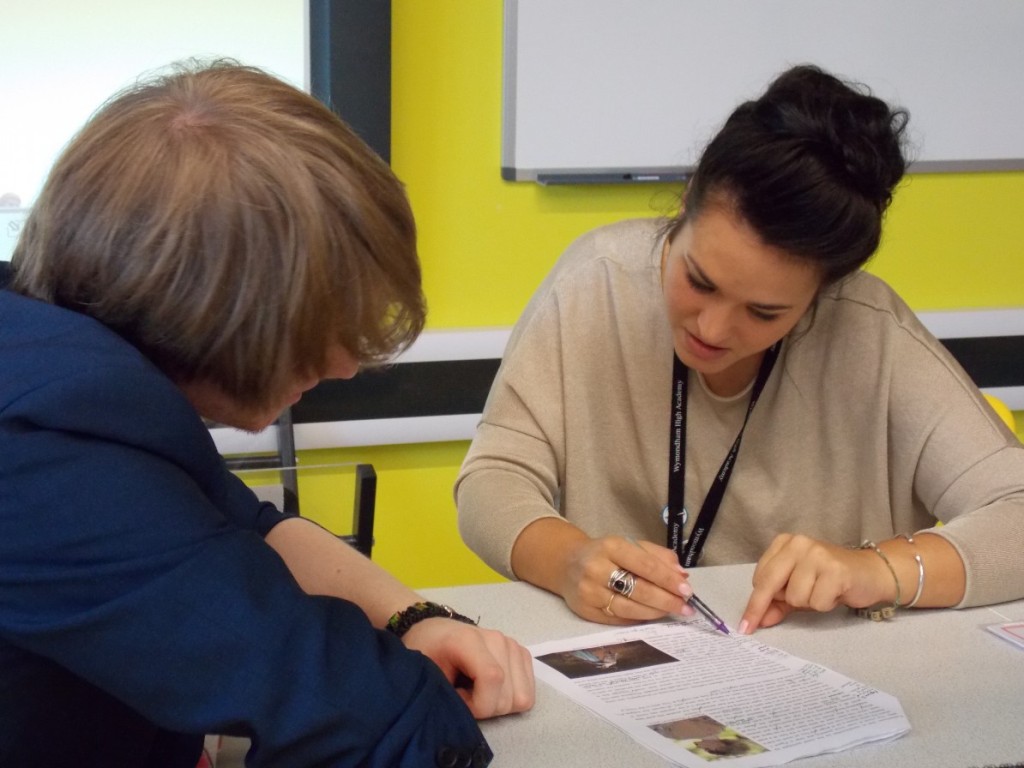Each one of us tries to give our best in whatever we do, be it teaching or learning but what are the parameters to evaluate our performance? Here comes the importance of a feedback system where a teacher can give a student feedback on their learning capabilities and a student can throw light on the teaching capabilities of the teacher.
Earlier, the education system was not very flexible. The teacher was an authoritative figure and the students would fear to give any negative feedback about them. In modern times, things have changed quite a bit. Students are allowed to provide feedback about their teachers and to avoid any conflicts, it is done anonymously.
Importance of Feedback for the Learners:

Feedback should be communicated clearly to the student and it should be constructive. The direction of the feedback should be such that the student learns and grows. Any feedback should build a positive relationship between the learner and the teacher and it should reflect the teacher’s genuine concern about the student’s education.
Feedback is important as through a feedback, students learns their weakness and can work on them. Also, such positive suggestions can push the students to develop more and correct their errors. Being a student, I can write my essay by essayhub.com.
Importance of Feedback for the Teachers:

Different students have different learning capabilities. Some student might think that a teacher is excellent whereas the other might not be able to follow his/her classes.
Assessment of a teachers and genuine feedbacks from students lets them understand the major reaction to their teaching ability. Also, it brings to their attention about the minority who are not satisfied and lacking in the class. This helps the students who are behind as they can be provided with extra classes to catch up and the teacher to balance their teaching techniques so that every student can follow them.
Types of Feedback:
Verbal Feedback:

This includes comments that are passed verbally about the overall progress of a student and suggestions for the area of improvement. This can happen during a classroom session itself. Students refrain from giving verbal feedbacks of their teacher as they fear to get added in bad books of the teacher if they comment on their teaching style.
Student-Teacher Meetings:

Such meetings are arranged by the institution quarterly to discuss the improvement scope of a student. The students and teachers discuss areas of improvement and also encouragements for their good work.
Classroom Discussions:

In such feedback discussions, a group conversation happens between a bunch of students and the teacher. Students actively engage in strategizing new teaching and learning methods.
Written Feedback:

These feedbacks are given anonymously on a piece of paper hence the comments written are unbiased. The assessment of such feedbacks can become a burden as it must be done manually.
Online Feedback:

E-learning is the future of education. It simplifies both, the online teaching and learning experience. The ease with which the online feedback system operates makes it the most effective feedback system available. Most of the E-learning classes make the students fill this feedback form after every class so that the teacher can adjust their learning technique according to the majority feedbacks. This makes the whole learning process easier. The advantage of this type of feedback is that it is anonymous hence unbiased.
A feedback system is important in each and every field and as the field of education is the foundation upon which we build our future, it is utmost important to maintain its quality and improve it further.




